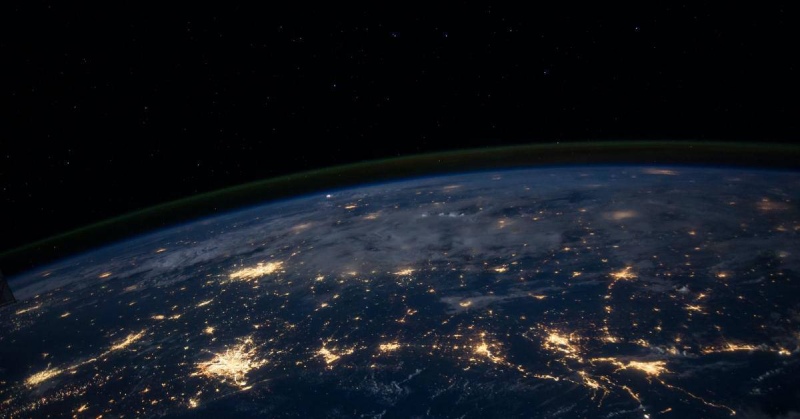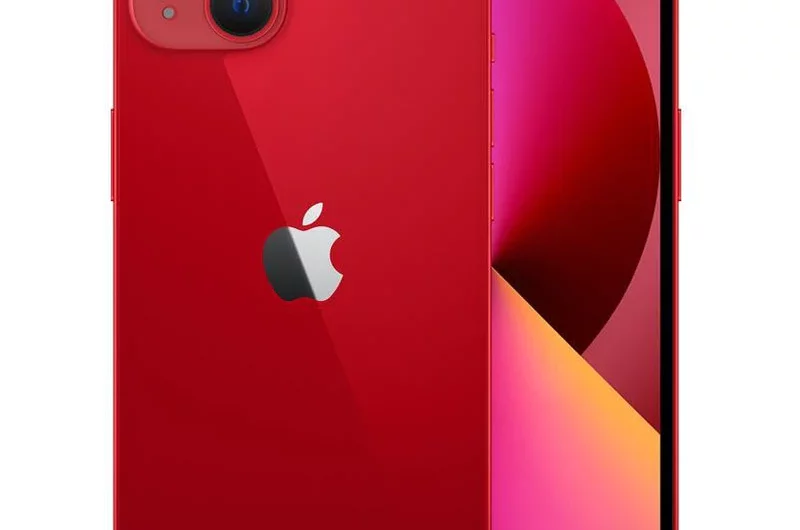Reflect Orbital, a startup based in California, has recently opened applications for a rather unconventional service: using a satellite equipped with a mirror to reflect sunlight onto a specific location on Earth after dark. This concept, while intriguing, might leave some scratching their heads, wondering how and why such an idea came about.
Reflect Orbital’s founder and CEO, Ben Nowack, shared his innovative approach to tackling a significant challenge in solar power generation during an interview with VICE a few years ago. He highlighted the ever-growing installation of solar panels worldwide, emphasizing solar energy’s potential to power the planet. However, he pointed out a major drawback: solar power is unavailable at night. “Sunlight turns off,” Nowack noted. “Addressing that core issue would resolve solar energy challenges across the board.”
Reflect Orbital’s ambitious plan involves launching an orbital mirror in 2025, and they are currently accepting applications from individuals or organizations interested in using this technology. For the next few months, there’s an opportunity to “apply for sunlight,” but it’s worth noting that availability is limited, with over 30,000 applications reportedly submitted already. The offer appears to be more of a one-time experiment, providing only four minutes of sunlight across a 5km diameter. Interestingly, no pricing information has been disclosed.
One might wonder why anyone would invest in such a project. The rationale, according to Nowack, lies in the potential for solar energy to be available when it’s most needed—before sunrise and after sunset. Speaking at the International Conference on Energy from Space in April, Nowack explained, “The problem is that solar energy is not available when we actually want it. We could charge higher prices and make a lot more money if we could obtain solar energy before the sun rises and after dusk. That would be fantastic. Furthermore, we believe that reflector-based solutions can address this issue.”
The declining costs of Solar PV modules—having dropped by 90% since 2009, according to the International Renewable Energy Agency—along with increased efficiency, have made solar power more accessible than ever. However, challenges remain, particularly on cloudy, windy days and, of course, during nighttime when solar generation is impossible. Reflect Orbital’s satellite-based sunlight service could potentially address these issues.
Nowack’s vision is to make accessing sunlight after dark as simple as possible. He envisions a future where individuals can log into a website, input their GPS coordinates, and have sunlight delivered to their location, even in the dead of night.










